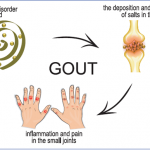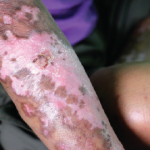Rheumatologists are accustomed to educating patients about medications—but biologic medications require some additional time and discussion. “Biologics are inherently more complex [than other medications], and there are multiple issues to consider before initiating treatment,” says K. “Kwas” Huston, MD, The Center for Rheumatic Disease, Kansas City, Mo. “This includes the patient’s disease activity, prior medications…









